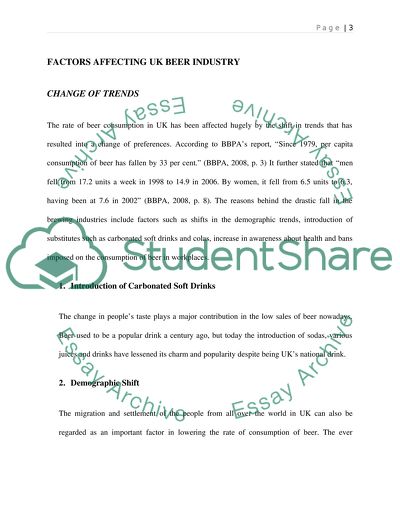Cite this document
(“In your study team you are required to analyse the UK Brewing Essay”, n.d.)
Retrieved from https://studentshare.org/environmental-studies/1411078-in-your-study-team-you-are-required-to-analyse-the
Retrieved from https://studentshare.org/environmental-studies/1411078-in-your-study-team-you-are-required-to-analyse-the
(In Your Study Team You Are Required to Analyse the UK Brewing Essay)
https://studentshare.org/environmental-studies/1411078-in-your-study-team-you-are-required-to-analyse-the.
https://studentshare.org/environmental-studies/1411078-in-your-study-team-you-are-required-to-analyse-the.
“In Your Study Team You Are Required to Analyse the UK Brewing Essay”, n.d. https://studentshare.org/environmental-studies/1411078-in-your-study-team-you-are-required-to-analyse-the.


